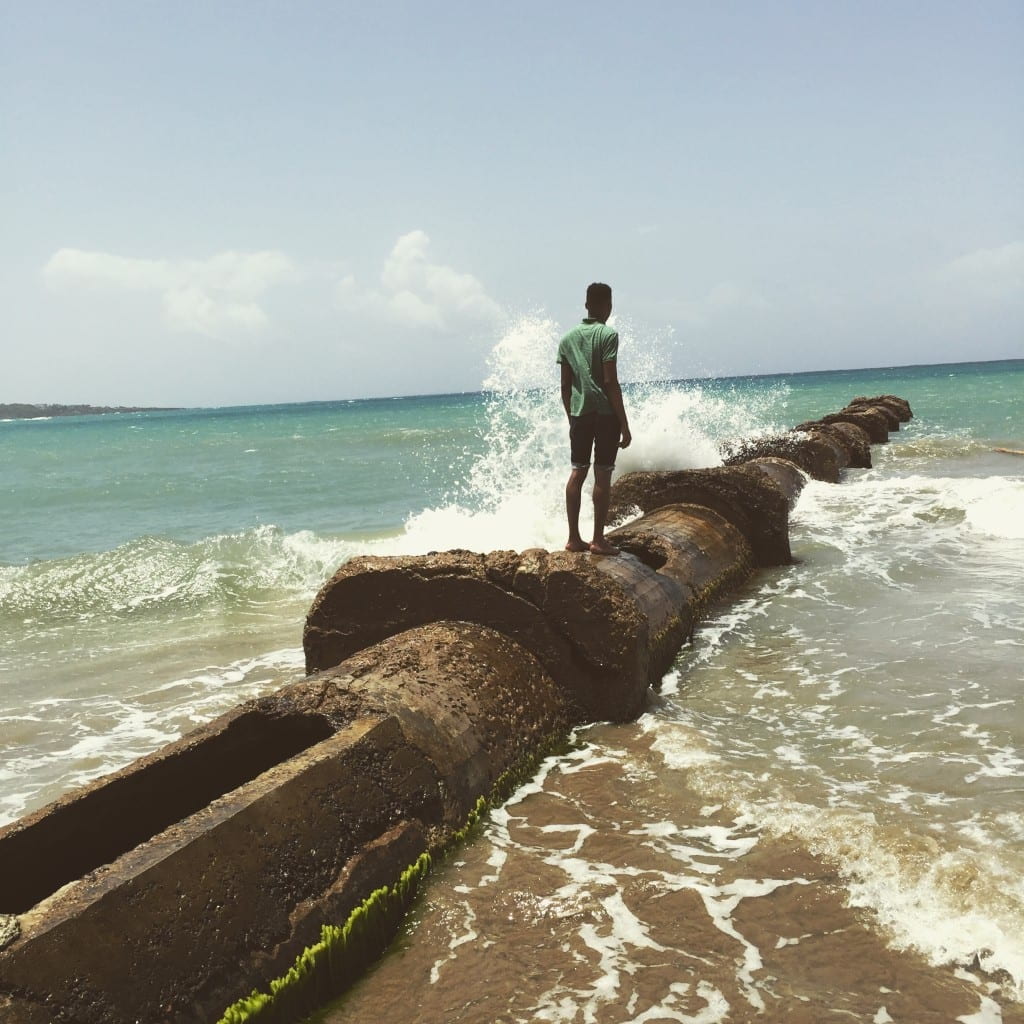Shaquille Romblay
J-FLAG
Jamaica
Junior human rights activists often have a “save the world mentality.” We often have a dramatic belief that we can go into a nation and start a revolution. At times, we fail to think about the complexity of a particular issue. We fail to also acknowledge the work that others are conducting to change the discourse surrounding a particular problem.
Before coming to Jamaica, I knew that the issue of homophobia was complex. In Jamaica, there are a large group of queer individuals who are living in a destitute state, and I believed that the issue could be fixed easily, but I was indeed wrong. The homeless individuals who I am talking about are the queer individuals who have become known as the “Gully Queens.”
Before coming to Jamaica, I thought that these individuals were being neglected and abandoned by the world. I also thought that no one was trying to help them. Again, I was wrong. The organization that I work for has supported and tried to help them. But, the issue is multifaceted. You see, what I have learned while working at JFLAG is that the “Gully Queens” have formed a family unit. Many of them have been ostracized from their biological family members. Therefore, many of them are happy to finally have some type of family structure. The “Gully Queens” no longer live in the gullies they were living in when the documentary, “Young and Gay: Jamaica’s Gully Queens” was filmed. However, many of them are still homeless, and some have adapted to a lifestyle of living on the streets. Many of them do not want to leave the streets because they view it as abandoning the family unit that they have developed. JFLAG has attempted to help these individuals leave the streets, but many of them reject the idea.
Jamaica is arguably becoming more tolerant. Right now, Jamaica is planning its first gay pride movement. The government is starting to support initiatives in which individuals are becoming educated about various forms of stigma and discrimination. However, some believe that Jamaica is becoming more tolerant for middle-class queers and not impoverished queers. This may be true, because middle-class queers are able to access certain privileges that impoverished queers cannot.
While the class structure is a big issue, I believe the biggest is the fact that there are few to no safe spaces for members of the LGBTQ community on the island. In Jamaica, parties are hosted for queer individuals, and JFLAG orchestrates events for members of the community. Other than that, there are no spaces where queer individuals can express their highest forms of self. I believe the issue of finding a safe space for queers on the island is extremely complex, but my goal is to start thinking about ways to develop one on the island for them.

